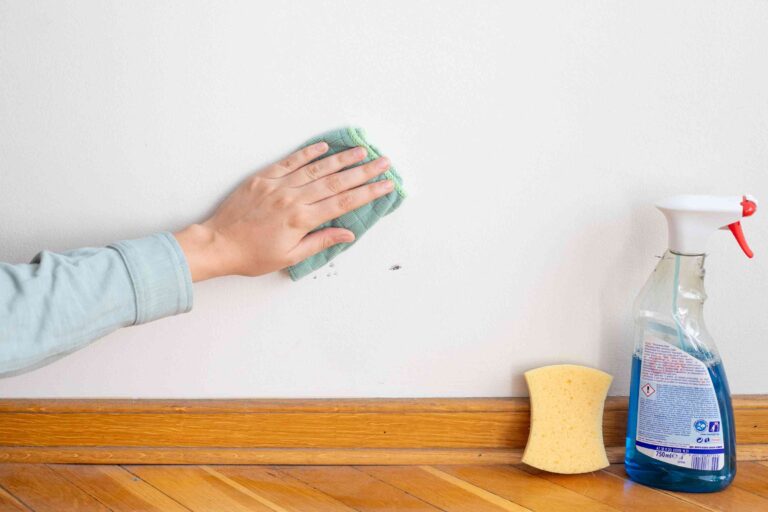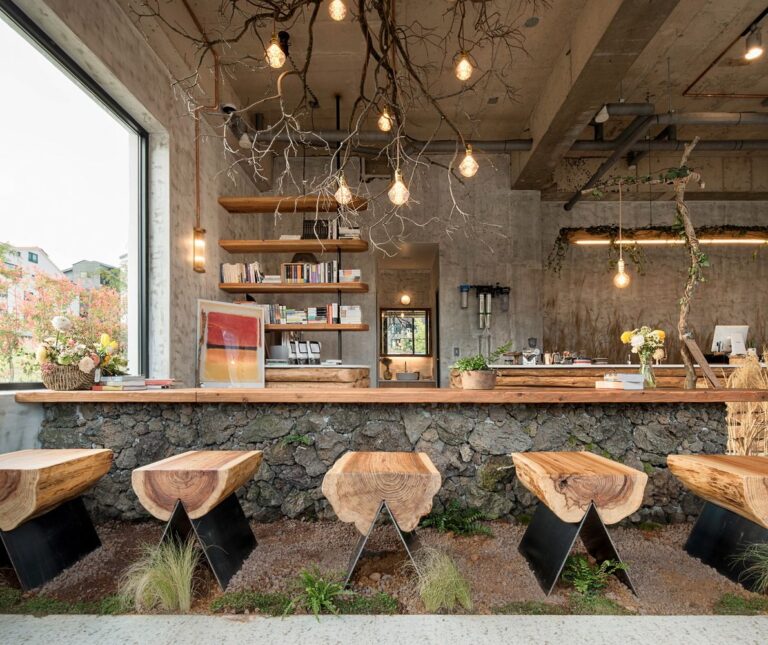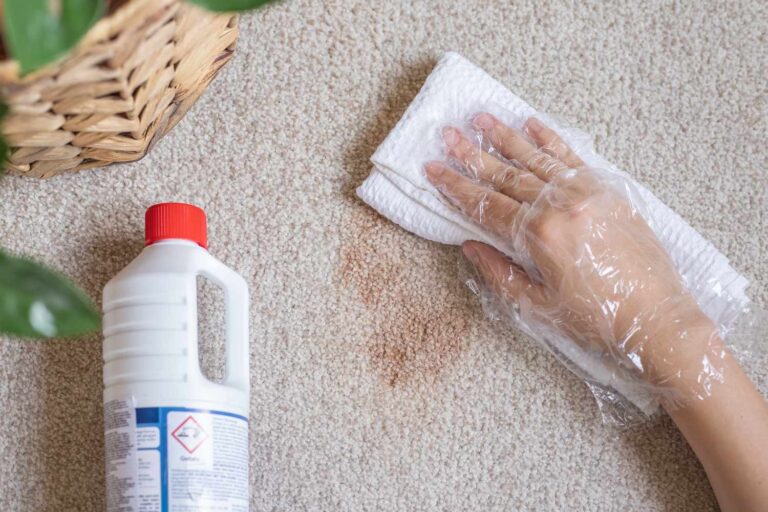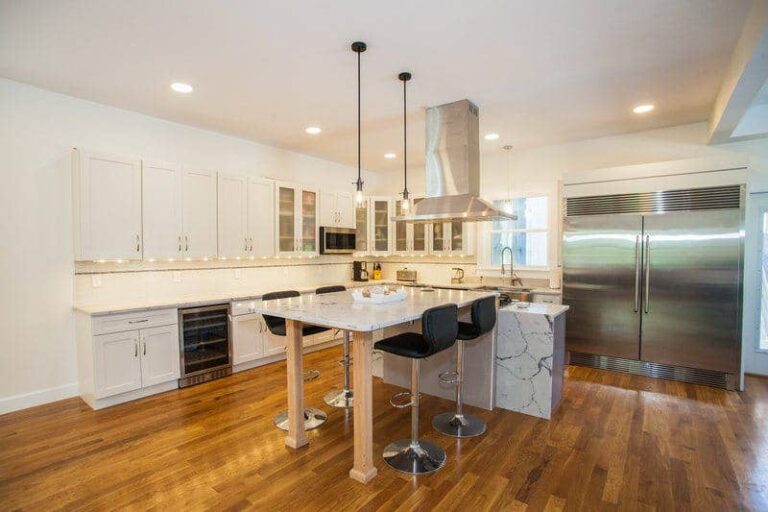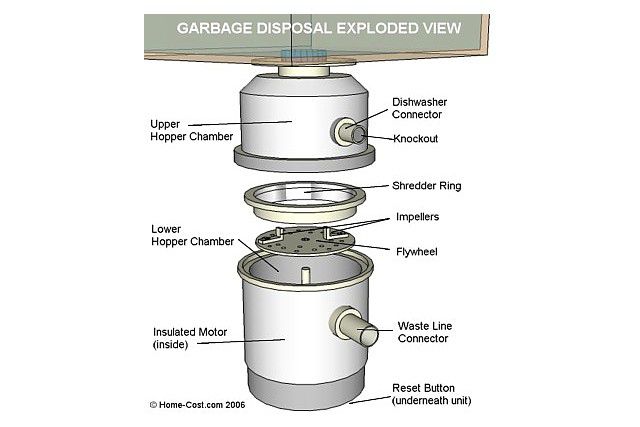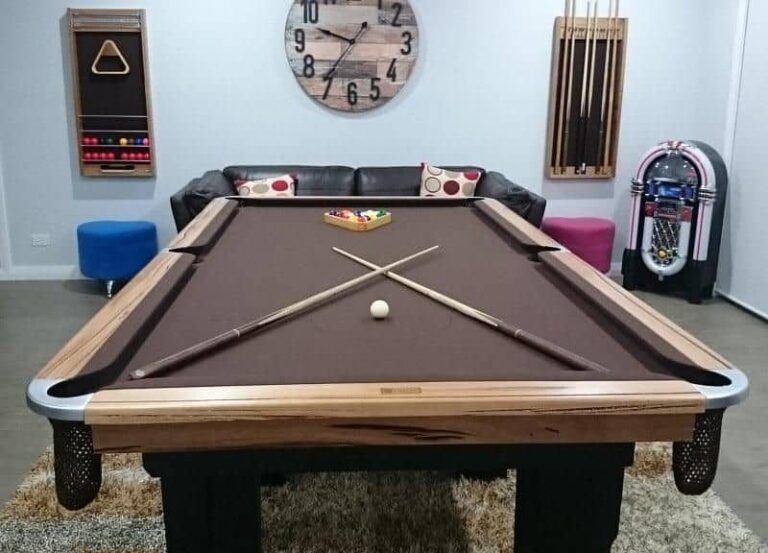What Material Is Best For Kitchen Wall?
When it comes to deciding what material is best for kitchen walls, there are a few factors to consider. Depending on the style and functionality of the kitchen, different materials can be used to create the perfect look and feel. From traditional brick and stone to modern tile and wallpaper, there are a variety of materials that can be used to create a kitchen wall. Common materials used in kitchen walls include tile, brick, stone, vinyl, and wallpaper. Each material has its own unique benefits and drawbacks, so it is important to understand the pros and cons of each before making a final decision.
Types of Materials
Used for Kitchen Wall
Kitchen walls are one of the most important components of a kitchen as they are necessary for both practical and aesthetic purposes. Deciding what material is best for your kitchen wall can be tricky, due to the wide variety of materials available. However, there are a few key types of materials commonly used in kitchens that provide the best results. These materials include ceramic tile, glass tile, stone tile, drywall, and paneling.
Ceramic tile is a classic option for kitchen walls and is renowned for its durability, ease of maintenance, and water resistance. It comes in a variety of shapes, sizes, and colors, so it can easily be customized to fit your kitchen style. On the other hand, glass tile is a great option for adding a touch of style to your kitchen. It is available in a variety of colors and patterns, making it perfect for creating a unique look.
Stone tile is another popular choice for kitchen walls, as it is a natural material that adds warmth and texture to the space. It’s also available in a variety of sizes and finishes, so it can easily be customized to fit your kitchen and décor. Drywall is also a popular material for kitchen walls. It is an easy and cost-effective option, and it can be painted or wallpapered to create a unique look. Lastly, paneling is a versatile and stylish option for kitchen walls. It is available in a variety of materials, such as wood, metal, vinyl, and laminate, and it can be painted or stained to fit your kitchen and décor.
Overall, there are a variety of materials available for kitchen walls. The best material for your kitchen wall depends on your style, budget, and needs. When selecting a material, consider its durability, ease of maintenance, and water resistance. With the right material, your kitchen walls can be both beautiful and functional.
Advantages and Disadvantages of Kitchen Wall Materials
Kitchen walls are an important part of any kitchen, so it’s important to choose the right material for them. Different materials can offer different advantages and disadvantages when used in a kitchen. To help you make the best decision, we have outlined the advantages and disadvantages of some of the most popular materials for kitchen walls.
One of the most popular materials for kitchen walls is tile. Tile is a great material for kitchen walls because it is easy to clean and maintain, it is durable, and it comes in a wide variety of styles and colors. It is also water-resistant, which makes it a great choice for kitchens with higher humidity levels. The downside is that tile can be expensive and labor-intensive to install.
Another option for kitchen walls is drywall, which is an inexpensive and easy-to-install material. Drywall is also easy to repair and paint, making it a great choice for DIY projects. However, drywall is not as durable as tile and it can be susceptible to moisture damage.
Wood is another popular material for kitchen walls, as it adds a warm and inviting feel to any kitchen. Wood is also fairly durable and can be refinished if needed. The downside is that wood is susceptible to warping and damage from water and humidity. It is also more expensive than other materials.
Finally, there are several other materials that can be used for kitchen walls, such as vinyl, glass, and stainless steel. Each material offers its own advantages and disadvantages, so it’s important to do your research before making a decision. It’s also important to consider the type of look and feel you want for your kitchen before making a final decision.
Considerations For Choosing A Kitchen Wall Material
When selecting material for a kitchen wall, there are several factors that must be taken into consideration. Not only should the material be aesthetically pleasing, but it must also be able to withstand the wear and tear of a busy kitchen. Durability, price, and ease of maintenance are all important considerations when choosing the right material for a kitchen wall.
One of the most popular materials for kitchen walls is tile. Tiles come in a variety of styles and colors, and they are easy to clean and maintain. Tiles also offer a high level of durability and are relatively inexpensive. However, they can be cold to the touch in winter and can be difficult to install.
Other popular materials for kitchen walls include vinyl, wallpaper, paint, and stone. Vinyl is a relatively inexpensive and easy to maintain option. Wallpaper is an attractive choice, but it can be difficult to install and clean. Painted walls can be a great way to add a unique and personalized touch to a kitchen, but they require regular repainting. Stone is also a great choice for a kitchen wall, as it is highly durable and can be used to create a luxurious and elegant look.
When selecting material for a kitchen wall, it is important to balance style and function, taking into account the cost, ease of maintenance, and durability of the material. With the right material, you can create a kitchen wall that is both beautiful and functional.
Cost of Different Kitchen Wall Materials
Kitchen walls come in a variety of materials, each with its own pros and cons. Whether you’re looking for a budget-friendly option or something that will last for decades, there’s a material that will suit your needs. From classic tile to modern glass, there are plenty of options to choose from. Knowing the cost of each material can help you make an informed decision.
Tile is one of the most popular materials for kitchen walls. It’s affordable, easy to maintain, and offers a wide range of options in terms of color and style. However, it’s important to factor in the cost of labor, as tile can be tricky to install. Glass is a more modern option that comes in a variety of colors, textures, and sizes. It’s also relatively easy to install, although the cost of the material itself is often higher than tile.
Wood is another popular material for kitchen walls. It’s a classic choice that can be painted or stained to fit any décor. However, wood is prone to water damage and may require more maintenance than other materials. Lastly, plaster is a classic choice that is often used to create intricate designs. It’s a more expensive option, but it can last for decades if properly maintained.
No matter which material you choose, it’s important to consider your needs, budget, and style before making a decision. Knowing the cost of each material can help you make the best choice for your kitchen.
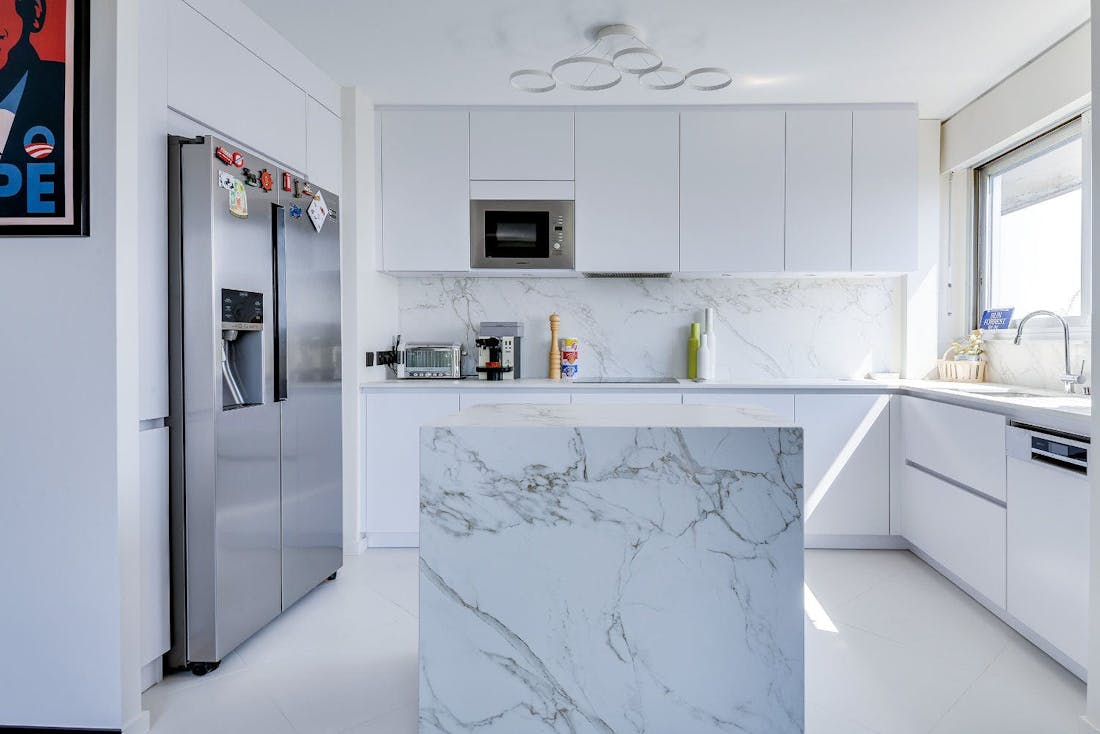
Maintenance and Cleaning of Kitchen Wall Materials
When it comes to selecting the best material for kitchen walls, it’s important to consider the maintenance and cleaning that will be required for the different materials. Kitchen walls take a lot of wear and tear and require regular cleaning. Depending on the material chosen for kitchen walls, the cleaning process may be more or less intensive.
For instance, ceramic tiles are a popular choice for kitchen walls due to their versatility and ease of cleaning. To clean ceramic tiles, all you need to do is use a mild soap and water mixture and a soft cloth or sponge for the best results. Additionally, ceramic tiles are water-resistant and easy to repair if damaged.
On the other hand, wood is a more challenging material to maintain. Wood kitchen walls require regular cleaning and sealing to protect them from water damage. Additionally, wood surfaces are highly susceptible to staining, so spills should be wiped up quickly and the surface should be resealed regularly.
When selecting kitchen wall materials, it’s important to consider the maintenance required for each material. Ceramic tiles are a popular and low-maintenance option, while wood requires more care and attention. Ultimately, the best material for kitchen walls will depend on the individual’s lifestyle and preferences.
Popular Kitchen Wall Materials
When it comes to picking the best material for kitchen walls, it can be a difficult decision. There are several popular materials to choose from, each bringing something unique to the table.
Tile is an excellent choice for kitchen walls as it is durable, affordable, and available in a wide range of colors, styles, and sizes. It can easily be wiped clean, and is an ideal choice for areas that are prone to moisture.
Wood paneling is another classic option for kitchen walls. It can give an old-fashioned charm to a kitchen, and is available in a variety of styles, colors, and finishes. It is important to note that wood paneling can be vulnerable to water damage, so it is important to consider the environment when selecting this material.
Glass is an increasingly popular choice for kitchen walls, as it can provide an airy and bright atmosphere. It is easy to clean and looks great when used to highlight cabinets and other features. It is important to note that glass can be expensive, and requires specialized installation.
Finally, ceramic tiles are another classic material for kitchen walls. They are durable, affordable, and available in a wide range of colors and styles. Ceramic tiles are easy to clean and can also be used as a feature in the kitchen.
When choosing a material for kitchen walls, it is important to consider the environment, budget, and desired look. Each material has its own unique advantages, so it is important to research the options and pick the best one for the project.
Professional Installation of Kitchen Wall Materials
Kitchen walls are often exposed to spills, splashes, and other wet messes, making it important to choose an appropriate material for the job. Professional installation of kitchen wall materials is key to creating a safe and durable kitchen. Depending on the material chosen, the installation process may be simple or complex. Some materials, such as ceramic tile, require an intricate installation process that involves cutting, measuring, and grouting. Other materials, such as sheetrock, are much easier to install. Understanding the installation process for each material is essential to ensure the kitchen’s wall surfaces are properly protected and finished.
Professional installers are well-versed in the installation of kitchen wall materials. They can provide advice on the best materials for a particular kitchen and make sure the installation process is done correctly. An experienced installer can also help homeowners save money by suggesting the most efficient installation methods and materials.
By relying on a professional installer, homeowners can rest assured that their kitchen walls are safe and secure. With the right materials and installation process, kitchen walls can last for years and remain an attractive feature in any home.
DIY Installation of Kitchen Wall Materials
When it comes to installing your kitchen walls, the material you choose will determine the look and feel of your kitchen. There are a variety of materials available to choose from, and each has its own set of benefits and drawbacks. Whether you’re looking for a stylish and modern look, an affordable solution, or a material that is easy to clean, there’s a kitchen wall material that’s perfect for you.
Tile and stone are popular materials for kitchen walls, as they are both stylish and easy to clean. Tile is also affordable and comes in a wide range of colors and sizes. Stone can be more expensive but it is incredibly durable and can add a luxurious look to your kitchen.
Laminate is an affordable and durable material but it is not as easy to clean as tile or stone. It also can’t be painted, which means it may not fit with the rest of your kitchen’s color scheme.
Vinyl is an affordable option that comes in a variety of styles and colors. It’s water-resistant and easy to clean, but it can be more prone to scratches than some other materials.
Wood is a classic material for kitchen walls that can add a warm and inviting feel to your kitchen. It is also easy to maintain and comes in a variety of styles and colors.
No matter what material you choose for your kitchen walls, make sure you research the pros and cons of each option before making your decision. With the right material, you can create a beautiful and functional kitchen that will last for years.
FAQs About the What Material Is Best For Kitchen Wall?
1.What type of material is best for a kitchen wall?
The best material for a kitchen wall is a durable, easy-to-clean material such as ceramic tile, vinyl sheet, or hardboard. These materials are resistant to stains and moisture, making them ideal for a kitchen environment.
2. Are there any materials that are not suitable for a kitchen wall?
Certain materials, such as untreated wood, untreated drywall, and untreated wallpaper, are not suitable for a kitchen wall. These materials are not resistant to moisture or stains, which can lead to long-term damage to the wall.
3. Is there a difference between wall materials for kitchen and bathroom walls?
Yes, there is a difference. Bathroom walls should be made of a more water-resistant material such as ceramic tile, vinyl sheet, or hardboard. Kitchen walls should be made of a durable, easy-to-clean material such as ceramic tile, vinyl sheet, or hardboard.
Conclusion
The material that is best for kitchen walls depends on a variety of factors such as the desired look, durability, maintenance, and cost. Popular materials for kitchen walls include tiles, wallpaper, and paint. Each has its own benefits and drawbacks, so it is important to consider all these factors when making a decision. Ultimately, the material that is best for kitchen walls is the one that meets the individual needs of the homeowner.
